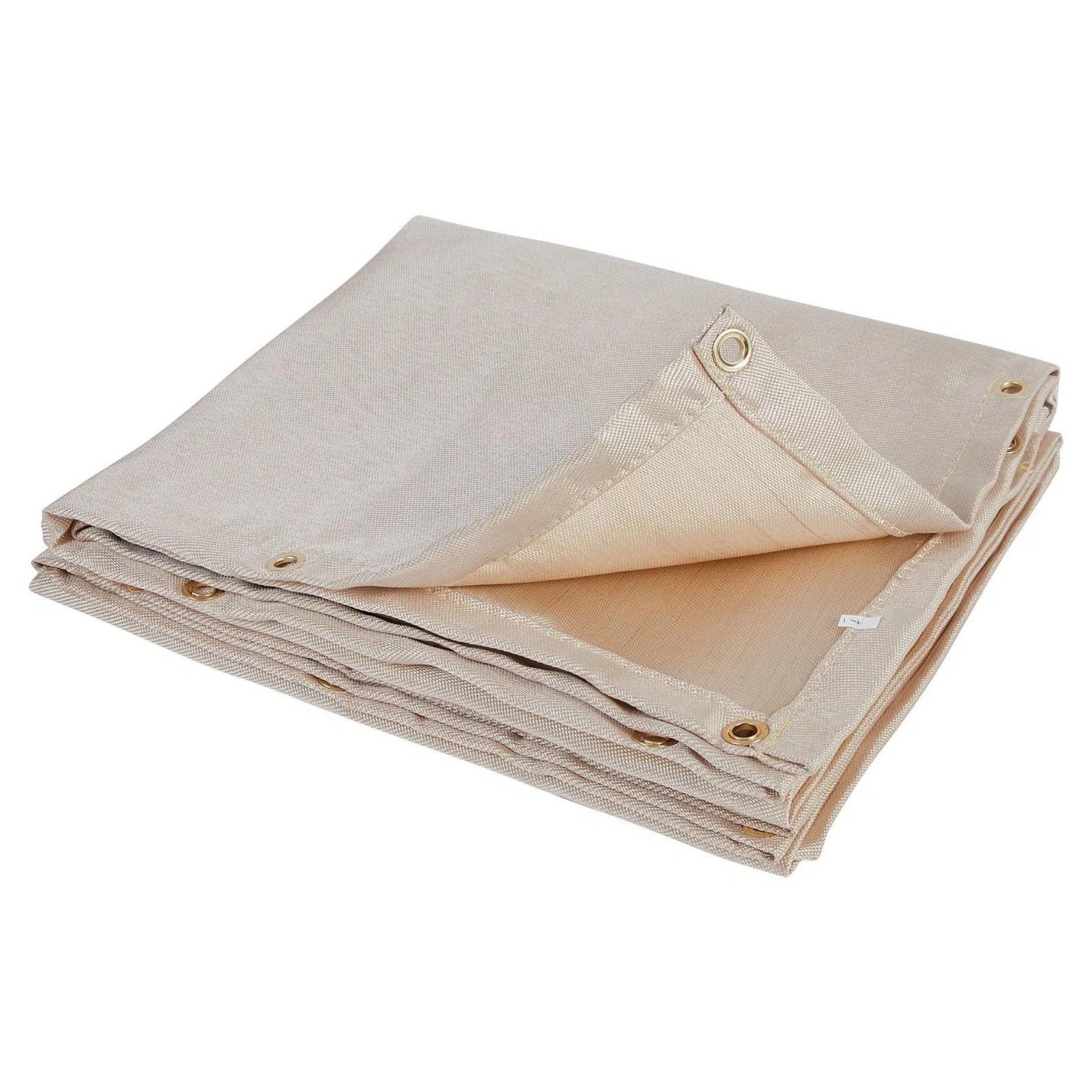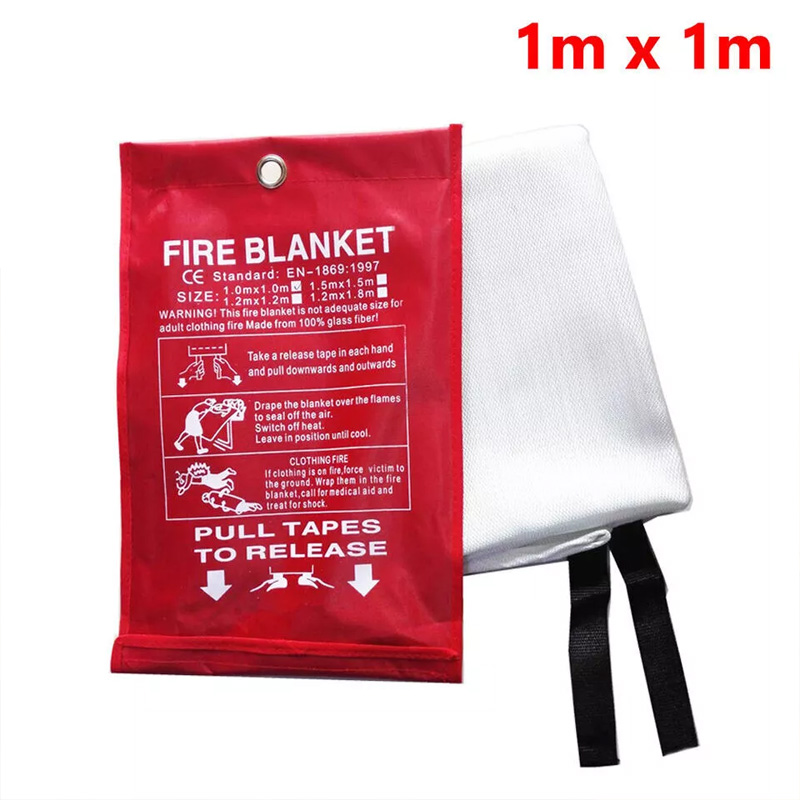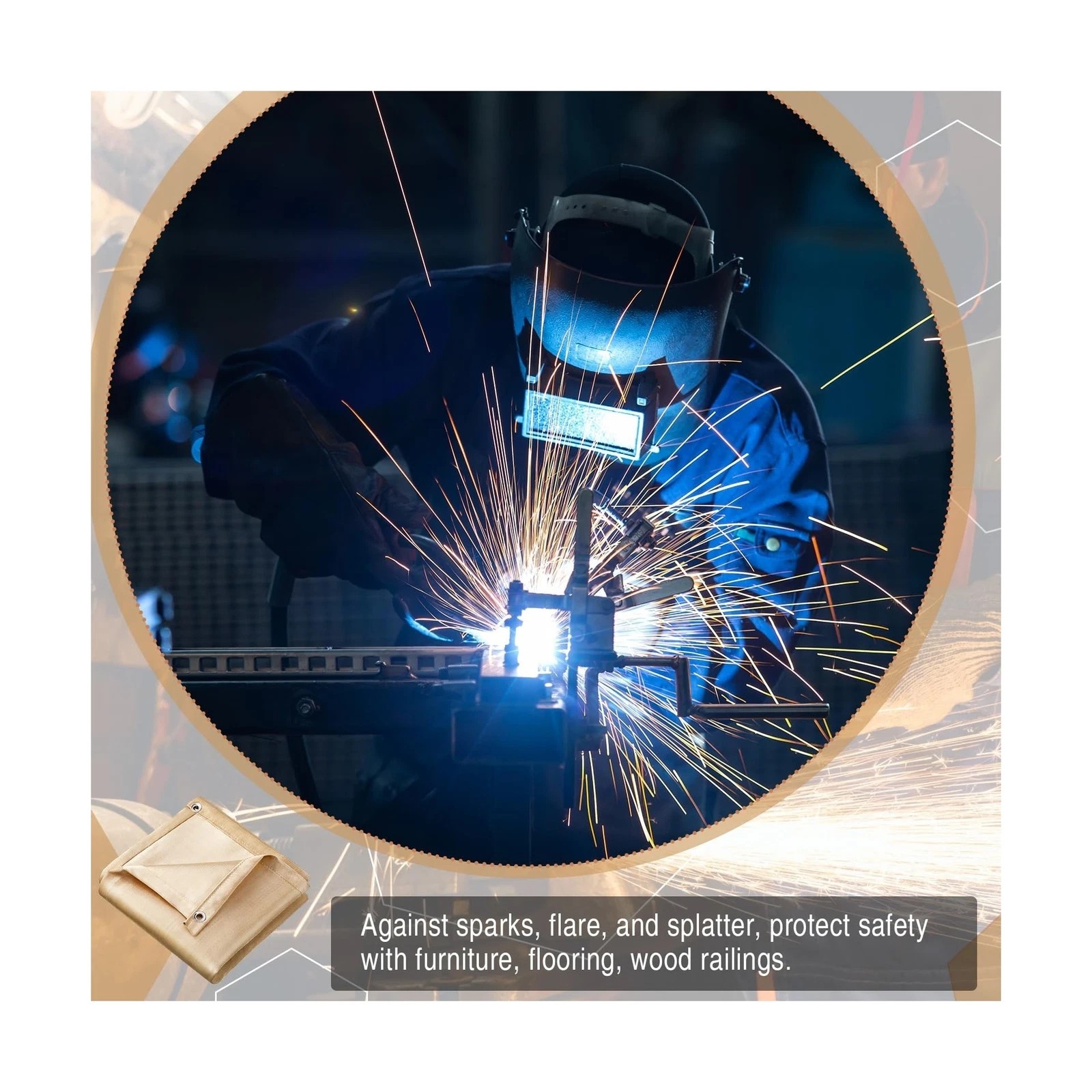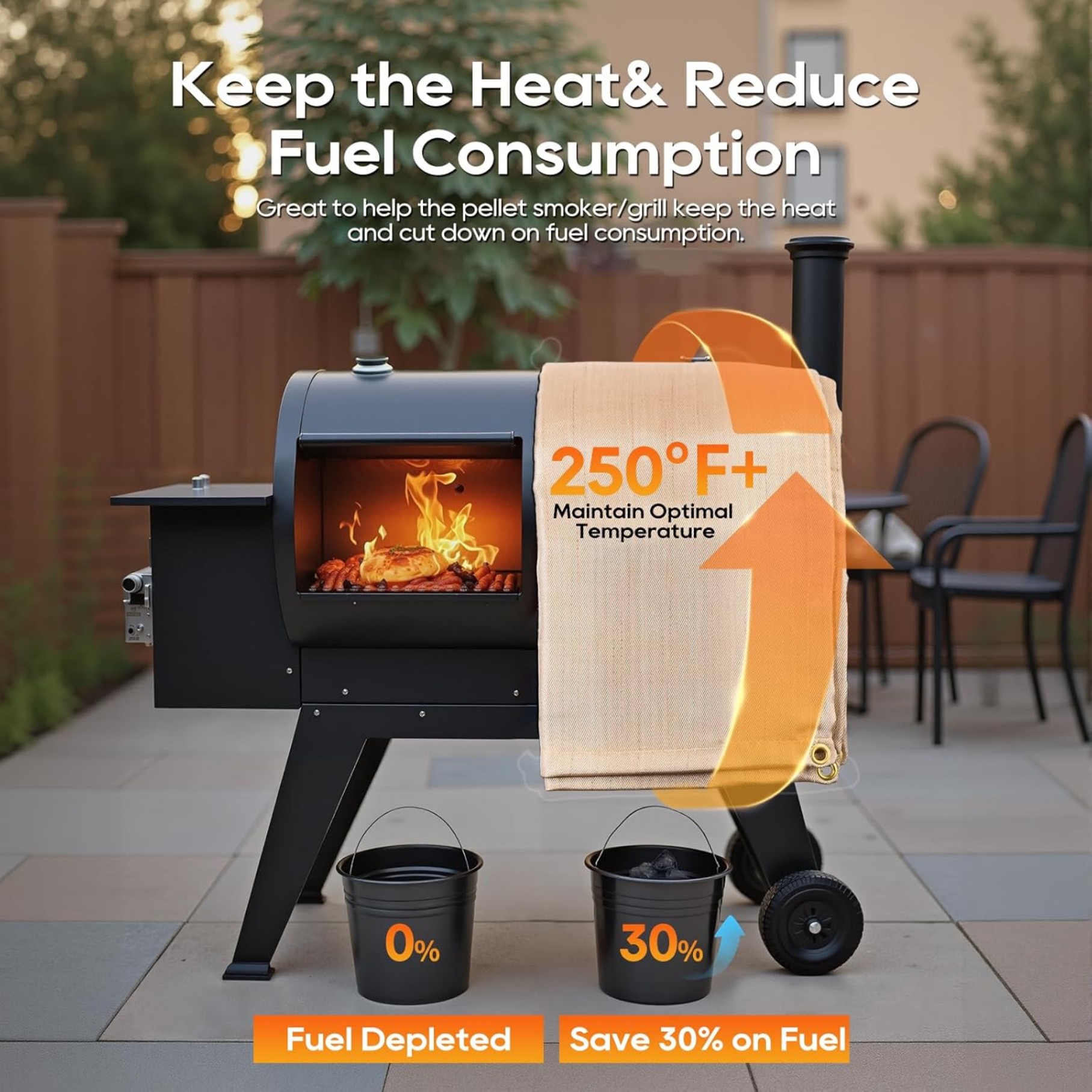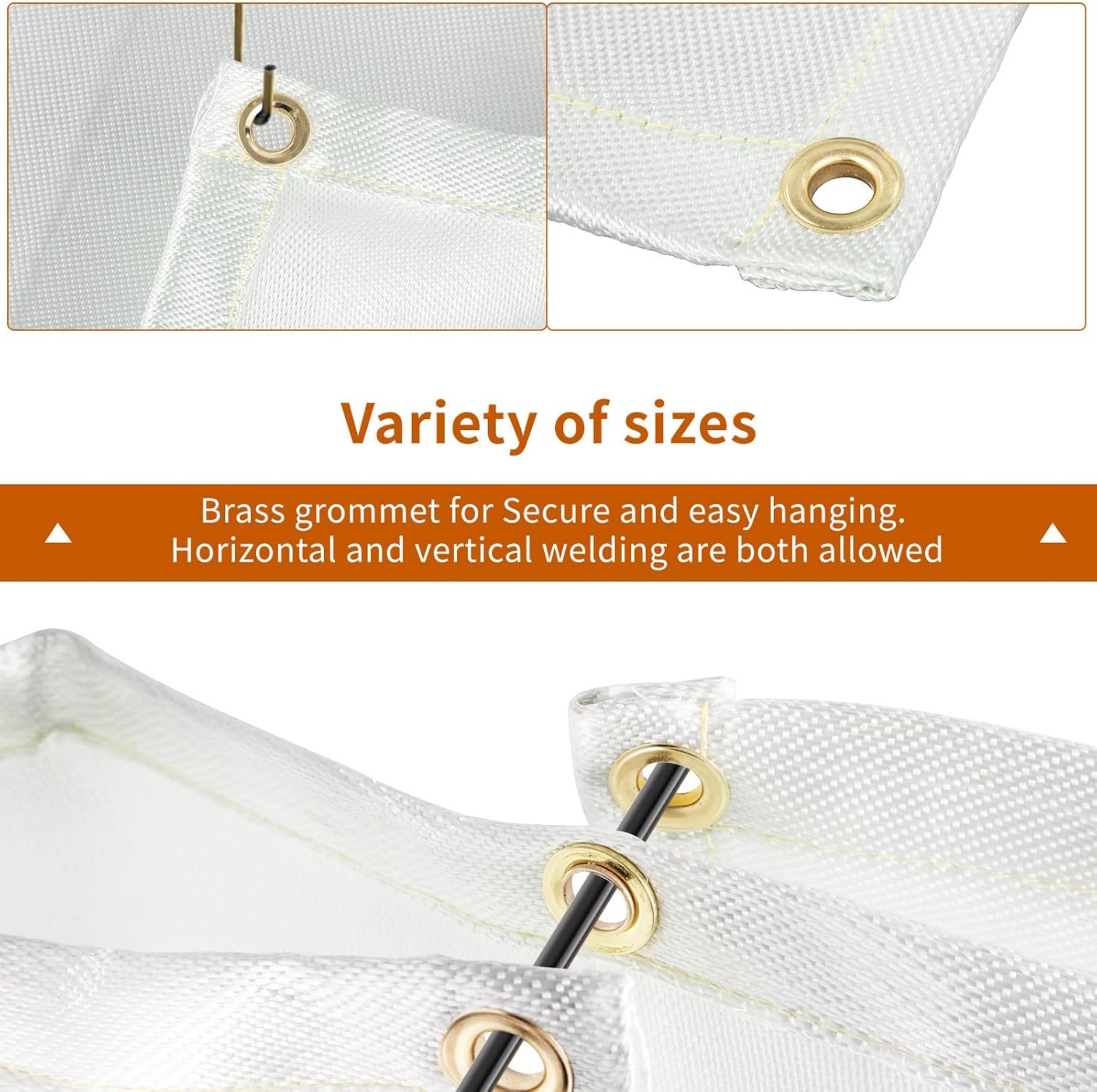Post Weld Heat Treat Blanket: Essential Guide for Effective PWHT
Post weld heat treatment (PWHT) blankets provide controlled heating for welded components to relieve stresses and improve material properties. This guide explains how these specialized blankets work, their benefits, proper usage, and selection criteria for optimal results in your welding projects.
What Is a Post Weld Heat Treat Blanket?
A post weld heat treat blanket is a flexible heating system designed specifically for PWHT applications. Unlike conventional heating methods, these blankets wrap around complex geometries, providing uniform heat distribution exactly where you need it. They consist of heating elements embedded in high-temperature resistant materials, controlled by precise temperature regulation systems.
Key Benefits of Using PWHT Blankets
- Precision temperature controlmaintains exact heat treatment specifications
- Energy efficiencyreduces power consumption compared to furnace treatments
- Portabilityallows on-site heat treatment without moving large components
- Customizable shapesfit complex weld geometries perfectly
- Time savingsby eliminating furnace scheduling and transportation
Proper post weld heat treatment can increase a weld's fatigue life by up to 10 times compared to untreated welds, making PWHT blankets a crucial investment for critical applications.
How Post Weld Heat Treat Blankets Work
When you use a post weld heat treat blanket, you're applying localized heat to specific weld areas. The blanket's heating elements distribute heat evenly across the treatment zone while integrated thermocouples monitor temperatures in real-time. Modern digital controllers allow you to program precise heating and cooling rates according to material specifications.
The typical PWHT process with blankets involves three phases:
- Heating phase: Gradually raising temperature to the specified level
- Soaking phase: Maintaining constant temperature for the required duration
- Cooling phase: Controlled cooling at the specified rate
Selecting the Right PWHT Blanket
Choosing the appropriate post weld heat treat blanket depends on several factors:
- Temperature requirements:Different materials need different treatment temperatures
- Component size and shape:Blankets must cover the entire heat affected zone
- Power availability:On-site power capacity determines blanket specifications
- Environmental conditions:Outdoor use may require additional insulation
- Regulatory compliance:Certain industries have specific PWHT standards
Best Practices for Using PWHT Blankets
To achieve optimal results with your post weld heat treat blanket, follow these professional recommendations:
- Always prepare the surface by cleaning and removing any contaminants
- Position thermocouples correctly to monitor actual part temperature
- Use adequate insulation to maintain temperature uniformity
- Follow the material-specific heating and cooling rates precisely
- Document all parameters for quality control and traceability
Common Applications of PWHT Blankets
Post weld heat treat blankets serve critical functions across multiple industries:
- Pressure vessel fabrication:Ensuring structural integrity of welded joints
- Pipeline construction:Treating girth welds in the field
- Power generation:Maintaining boiler and turbine component reliability
- Shipbuilding:Treating critical structural welds
- Petrochemical:Preparing welded components for harsh service conditions
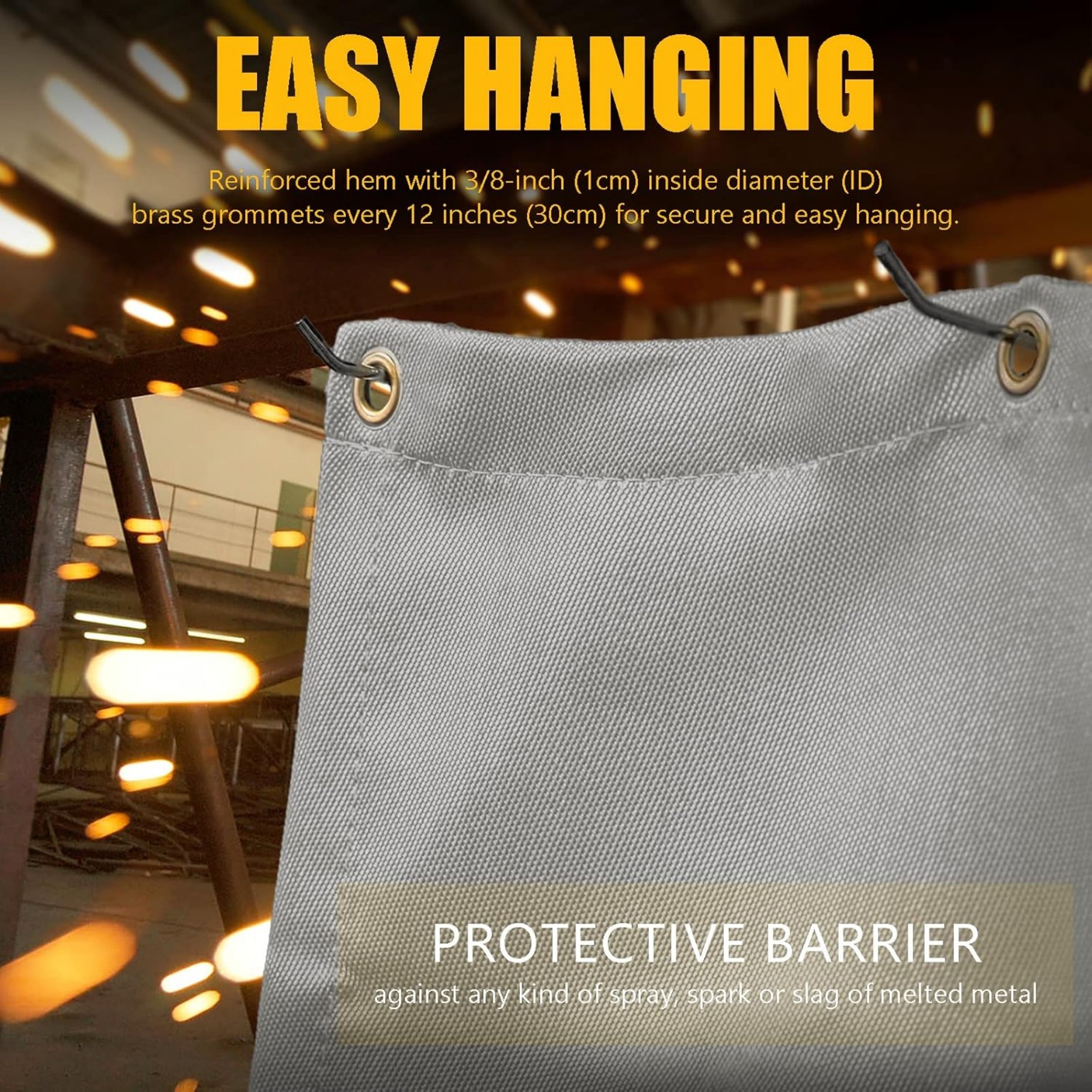
For critical welds in thick materials (typically >1 inch), post weld heat treatment isn't just recommended—it's often required by codes like ASME and API to prevent catastrophic failures.
Maintenance and Safety Considerations
Proper care extends your post weld heat treat blanket's lifespan and ensures safe operation:
- Inspect blankets regularly for damage to heating elements or insulation
- Store blankets properly when not in use to prevent moisture damage
- Follow all electrical safety protocols during operation
- Train personnel in proper handling and emergency procedures
- Keep detailed maintenance records for each blanket
Conclusion
Post weld heat treat blankets offer a practical, efficient solution for critical heat treatment applications. By understanding their operation, benefits, and proper usage, you can significantly improve weld quality and component reliability. Whether you're working in construction, manufacturing, or repair services, investing in quality PWHT equipment pays dividends through enhanced safety and reduced failures.


